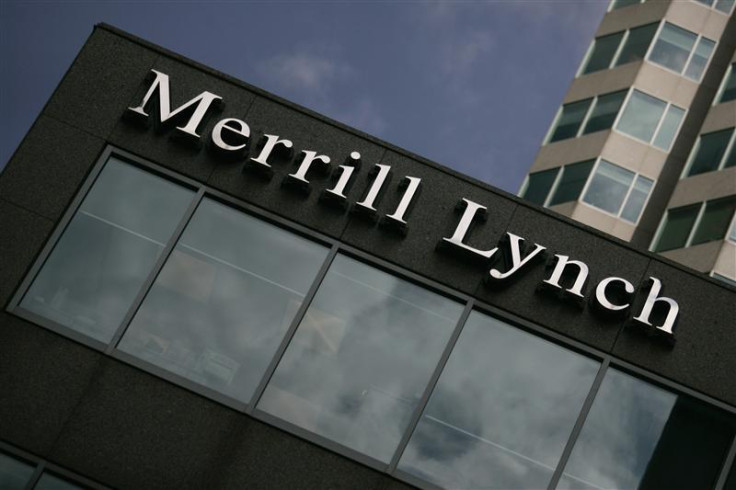Merrill Lynch to face class-action suit over $690m Zale Corp sale

Bank of America's investment banking division Merrill Lynch is facing a class-action suit for its role in the $690m (£455m, €618m) sale of Zale Corp, a jewellery chain, to rival Signet Jewellers. A US judge in Delaware refused on Thursday (1 October) to dismiss the suit saying Merrill Lynch was conflicted because the bank had earlier pitched Signet on the same deal.
The suit filed by former shareholders of Zale allege that in 2014 the company's decision to be acquired by rival Signet Jewellers for $21 (£13.87, €18.81) per share was only narrowly approved by them. TGI Advisors which held nearly 10% of Zale stock also called the deal grossly unfair. In the suit, shareholders named Zale's board, Signet and Merrill as the defendants. However, in Thursday's ruling Zale and Signet's board members were exonerated from the charge and only Merrill Lynch was found in a possible conflicting position, which it will now have to defend.
"I find it reasonably conceivable that this undisclosed conflict hampered the ability of Merrill Lynch and, consequently, the board to seek a higher price," Donald F Parsons Jr, the judge in the matter wrote in his ruling.
The preliminary ruling found Merrill Lynch could have aided the Zale board breach their duties to investors. Merrill Lynch never told Zale's board that a month before it was hired by them, the bank made a presentation to Signet's chief financial officer about acquiring Zale for $17 (£11.23, €15.23) to $21 (£13.87, €18.81) a share. The former Zale shareholders who filed the suit believe Merrill Lynch could have pushed for a better price but their reasoning was tainted as it had already made the same pitch to Signet.
In response to the ruling, a Bank of America spokesperson told the Wall Street Journal, "We respectfully disagree with the ruling. The banking presentation at issue created no conflict of interest and we will continue to vigorously defend the bank against any suggestion to the contrary."
The ruling is on its preliminary stage however, and Merrill Lynch has plausible comebacks to defend itself. Chief among those is the fact that pitching a quote price through presentation is a standard procedure in the investment banking circuit for mergers and acquisitions. It has however to clarify why it chose not to reveal to Zale about the pitch to Signet.
The suit against Merrill Lynch is an addition to an increasing number of banks who have been accused of facing conflict of interest while advising companies on mergers and acquisitions. The Goldman Sachs Group in 2012 had been advised by Kinder Morgan Inc during its acquisition of El Paso Corp despite owning 19% of the buyer company's stake valued close to $4bn (£2.6bn, €3.5bn) and controlling two seats on its board. More recently, in a 2014 ruling, Royal Bank of Canada's investment branch RBC Capital Markets was found misleading the Rural/Metro board on its sale to Warburg Pincus in 2011.
© Copyright IBTimes 2024. All rights reserved.





